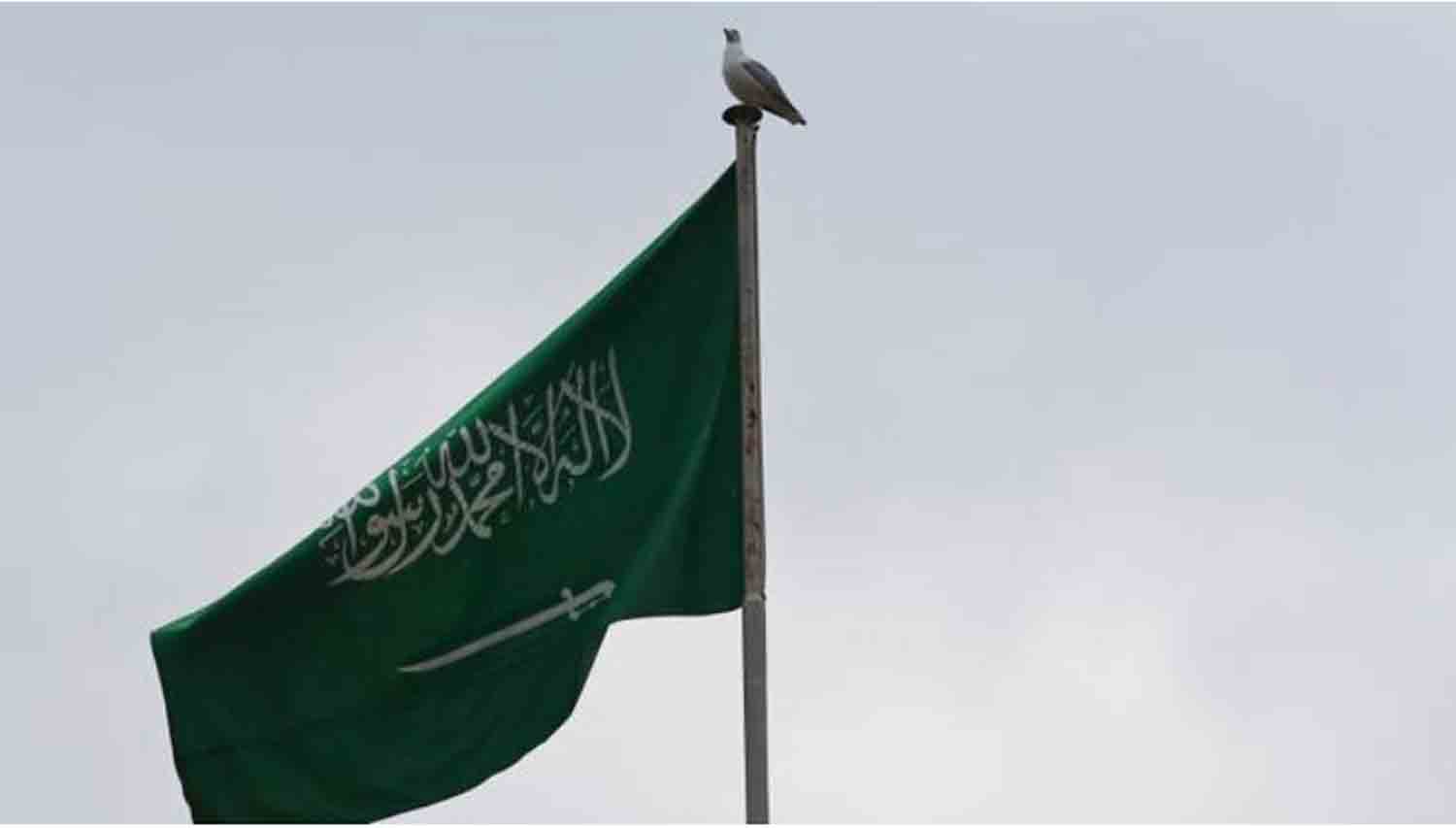Over the past three consecutive Saturdays, US and Iranian negotiators have convened in Oman for discussions not held since the Obama era. Iran is pursuing relief from sanctions, while the US aims to prevent Iran from enriching uranium, particularly due to Israel’s concerns that the Islamic Republic may be pursuing nuclear weapons.
However, the meeting scheduled for May 3 has been canceled. Iranian Foreign Minister Abbas Araghchi announced on X on Thursday, “In collaboration with Omani and US representatives, we have decided to delay the fourth round of talks due to logistical and technical issues. On Iran’s side, our commitment to achieving a negotiated resolution remains unchanged… Iran’s nuclear program will always be peaceful while ensuring the full respect of Iranian rights,” he stated.
Conversely, Washington challenged the notion that a meeting was ever confirmed. State Department spokesperson Tammy Bruce informed reporters on Thursday in response to Araghchi’s statement, “The United States was never confirmed to participate in a fourth round of talks anywhere. The timing and location could potentially be arranged for the near future, but we will not disclose the specifics of where or when.”
The recent tactics and tone adopted by the US likely contributed to this situation. Ryan Costello, policy director for the National Iranian American Council (NIAC), remarked, “There are concerning signs accompanying the postponement of negotiations. Reports from Iran suggest that the delay may not solely be due to logistical challenges, but rather a change in the American stance that has prompted this postponement.”
Maximum pressure
Earlier this week, the United States imposed sanctions on four Iranian petrochemical sellers and one buyer, who have reportedly amassed hundreds of millions of dollars in illegal revenue supporting Iran’s destabilizing actions, according to the announcement.
On Thursday, President Donald Trump posted a message on his TruthSocial platform stating: “ALERT: All purchases of Iranian Oil or Petrochemical products must cease immediately! Any country or individual that buys ANY AMOUNT of OIL or PETROCHEMICALS from Iran will face immediate Secondary Sanctions. They will be prohibited from conducting any business with the United States in any capacity.”
On Friday, Secretary of Defense Pete Hegseth addressed Iran on X, saying: “Message to IRAN: We are aware of your LETHAL support for The Houthis. We understand your actions clearly. You are fully aware of the capabilities of the U.S. Military — and you have been warned. You will face the CONSEQUENCES at a time and place of our choosing.”
For 49 consecutive days, the U.S. has targeted over 1,000 sites in Yemen, focusing on the Houthis due to their naval blockade in the Red Sea, which they claim is a response to Israel’s ongoing conflict in Gaza. However, the significance of Hegseth’s post remains uncertain, as he faces increasing criticism for recent breaches in national security protocol. He may be adopting a tough stance, a tactic often used by Trump for domestic perception.
Interestingly, Trump was the one who initiated communication by sending a letter to Iran’s Supreme Leader Ayatollah Ali Khamenei. Additionally, Trump’s so-called “envoy to everything,” Steve Witkoff, has previously emphasized “verification” measures regarding Iran’s nuclear program rather than a hardline approach that could alienate Tehran and jeopardize the potential for a Trump-endorsed agreement. To complicate matters, Witkoff shared Hegseth’s post on Friday.
Nuclear weapon ‘forbidden under Islamic law’
In Iran, the quasi-direct discussions with Washington signify acknowledgment and legitimacy for both domestic and regional audiences, especially as its allies, Hezbollah and Bashar al-Assad, have been significantly diminished. Isfahani noted that Tehran might have overestimated its position, believing it could persuade the United States to endorse another unfavorable agreement, a JCPOA 2.0, without offering substantial concessions.
The JCPOA, or Joint Comprehensive Plan of Action, refers to the 2015 Iran nuclear deal negotiated during the Obama administration, from which Trump withdrew in 2018. Recently, Araghchi remarked that the JCPOA is ‘no longer beneficial for us’ and that ‘[Trump] is not interested in another JCPOA either.’
Iran, second only to Russia in enduring severe US sanctions, has consistently asserted that it does not aim to develop a nuclear weapon, with Khamenei stating in 2019 that such arms are ‘forbidden under Islamic law.’
However, Iran is currently enriching uranium to a 60 percent level, just below weapons-grade, utilizing advanced centrifuge technology at the heavily fortified Fordow facility, as indicated by a fact sheet from NIAC.
On Friday, Secretary of State Marco Rubio reiterated the demand for Iran to cease all enrichment activities. ‘This strategy has proven ineffective since the Bush-Cheney era,’ Costello remarked. ‘If this is merely a show, negotiations may continue to progress. However, if it represents the US’s firm stance, the likelihood of conflict increases rather than reaching an agreement, making the path ahead quite challenging.’
Discover more from Defence Talks | Defense News Hub, Military Updates, Security Insights
Subscribe to get the latest posts sent to your email.





